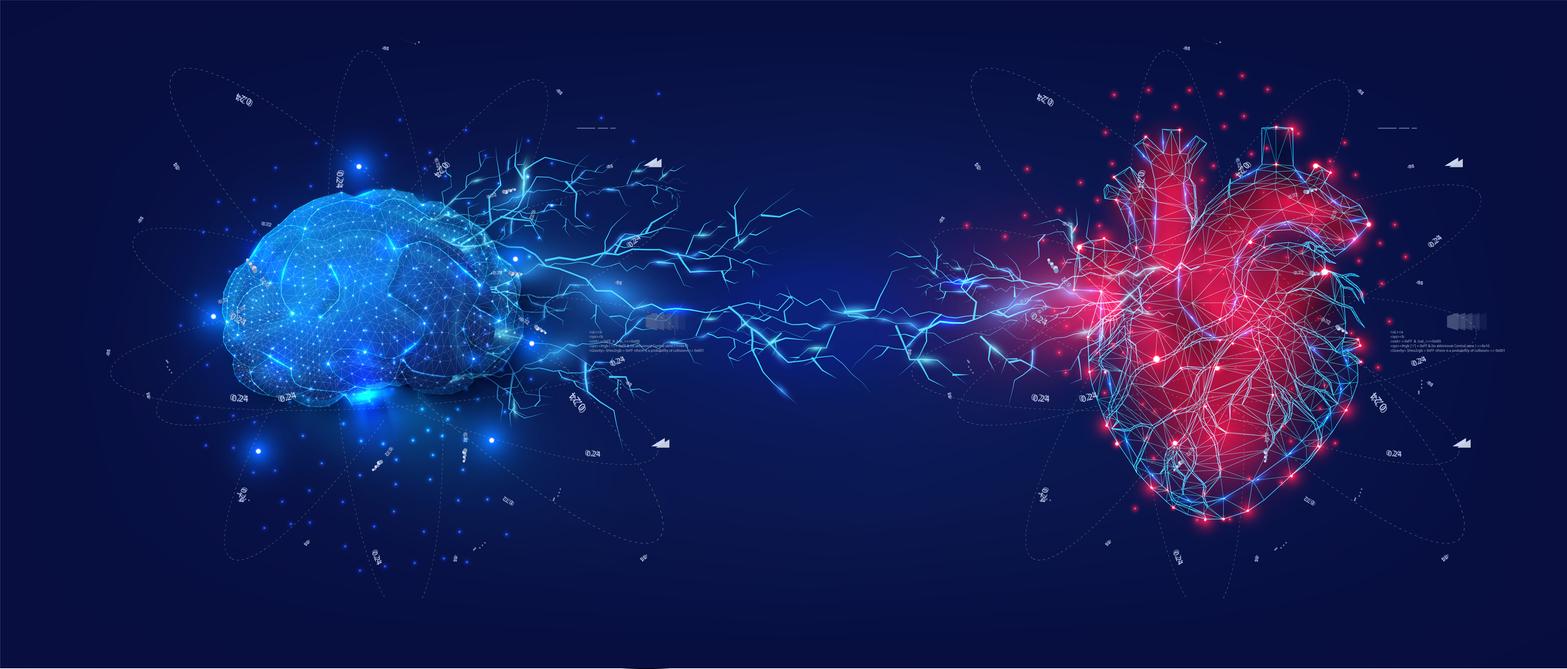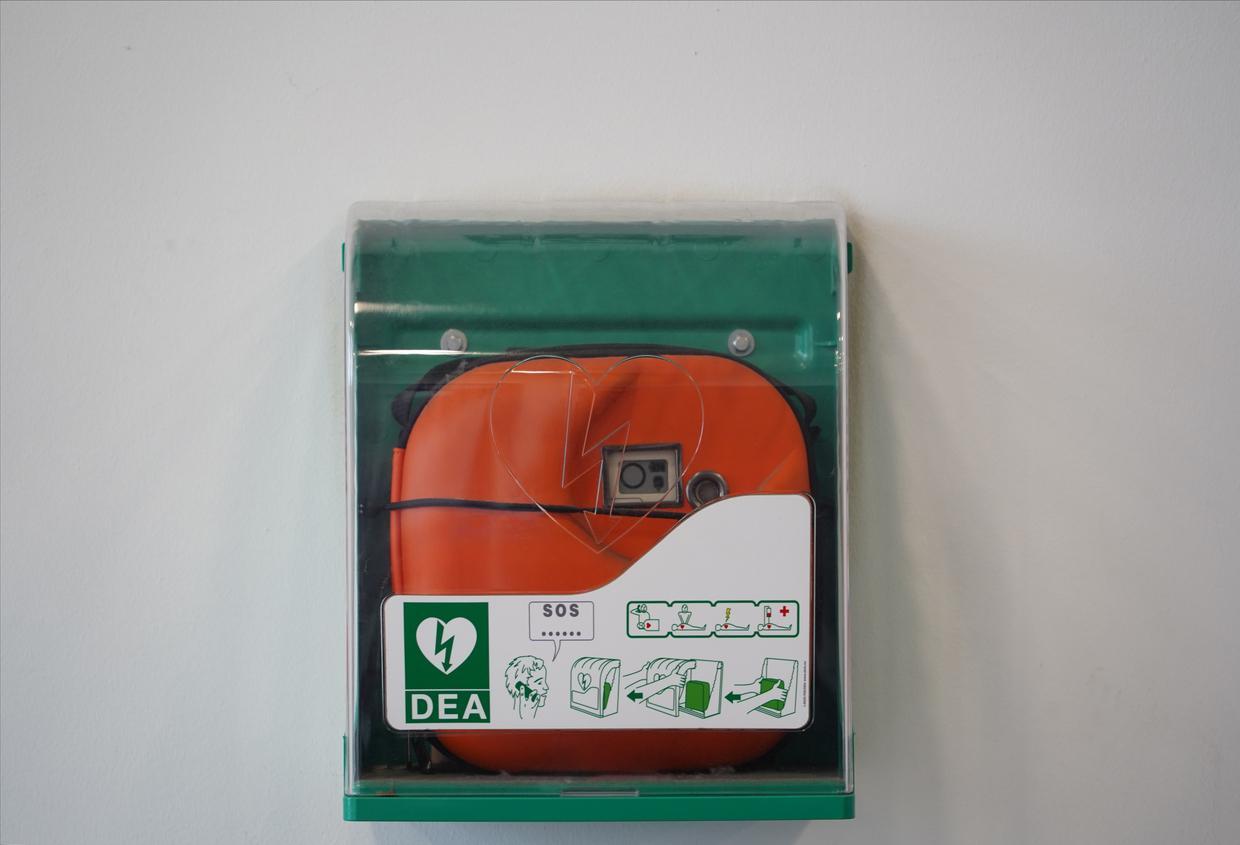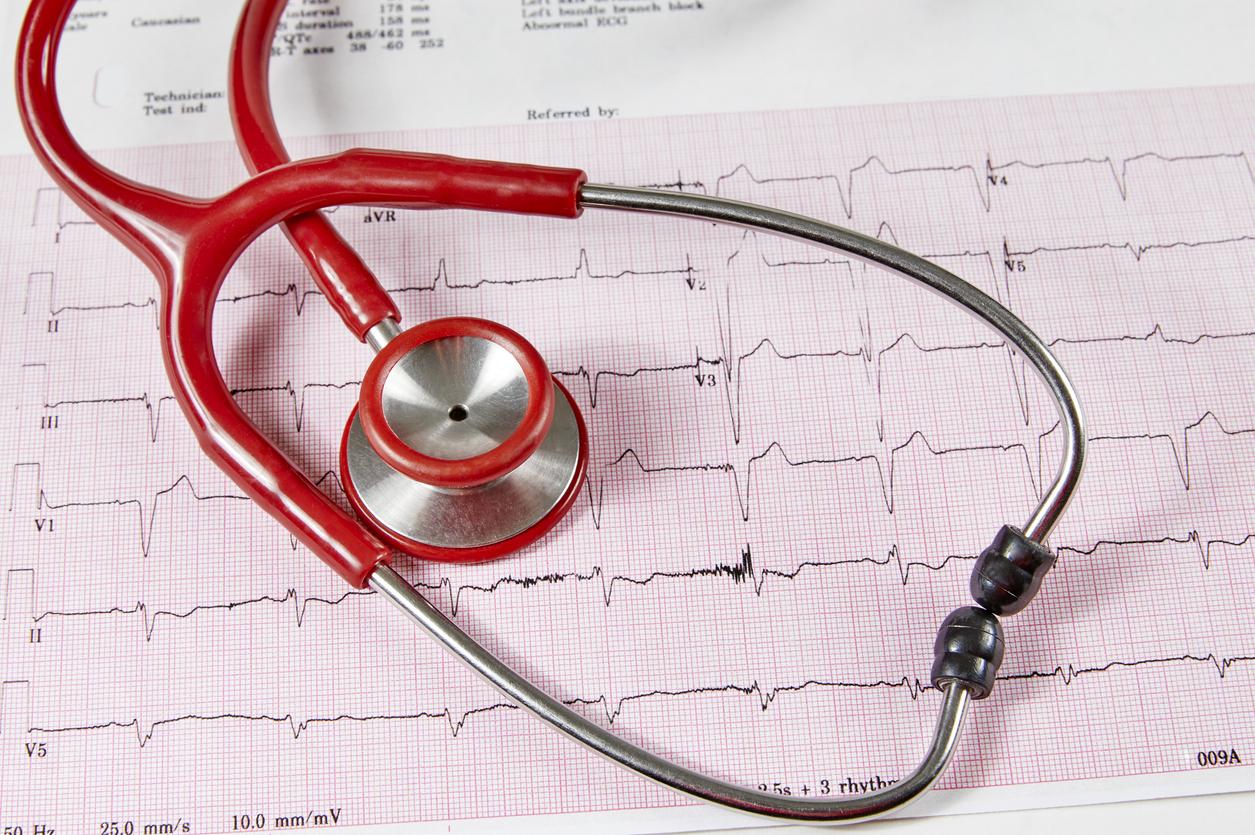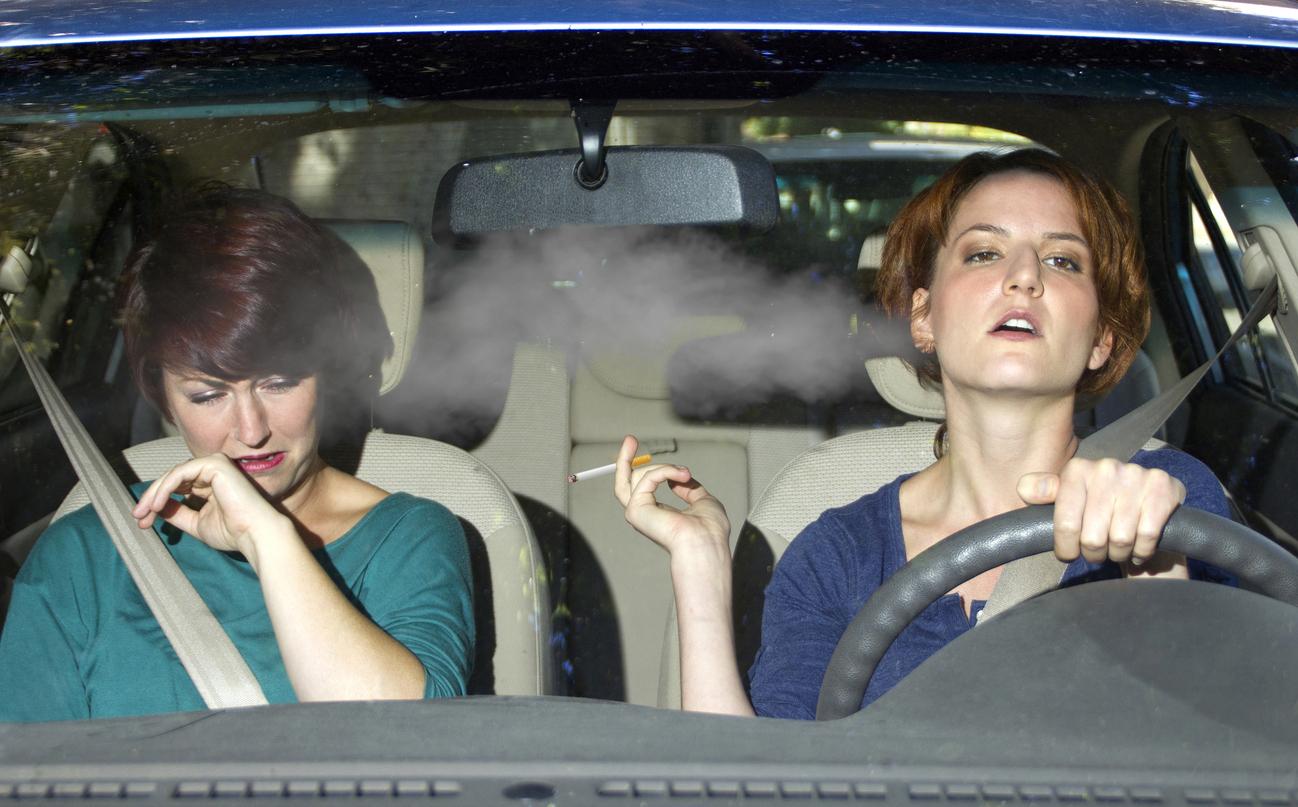We speak of tachycardia when the heart rate rises above 90 or 100 beats per minute, outside of any significant physical effort. There are several causes that can cause this disorder. We take stock.
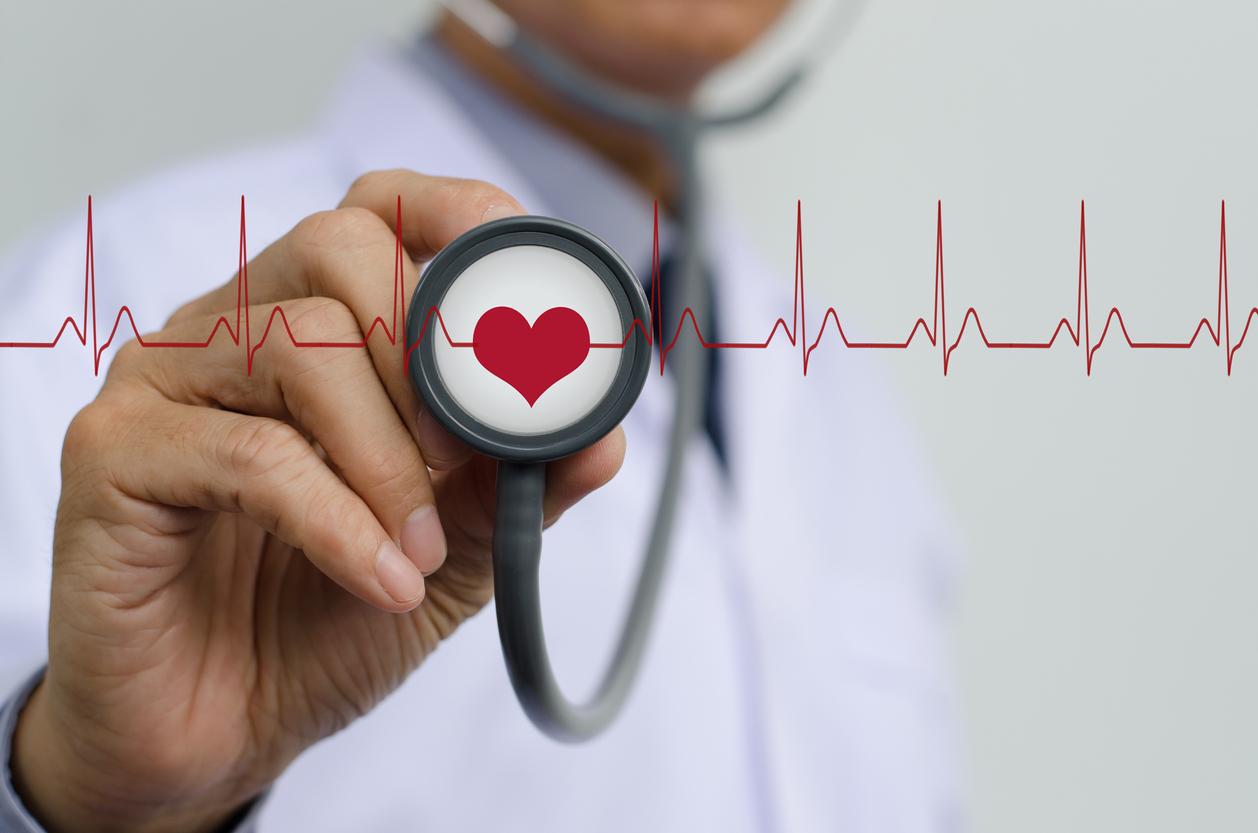
- When the heart rate is greater than 100 beats per minute, without having made any physical effort, we speak of palpitations.
- This heart rhythm disorder, also called tachycardia, can be linked to different causes, whether lifestyle or even physical or cardiac disorders.
- If palpitations persist after adopting healthy lifestyle habits, it is important to consult a doctor.
The heart rate of a healthy, resting adult heart is normally between 60 and 90 beats per minute. Sometimes its beats become faster without any physical effort. We then speak of palpitations or tachycardias. They are felt in the chest, and sometimes in the throat and neck.
“In most cases, heart palpitations are harmless and are not a sign of a serious problem”specifiesHealth Insurance on its website. However, they can also be a sign of a heart rhythm disorder, which is why it is important to identify the causes.
Possible causes of tachycardia
Certain conditions, such as disorders emotional or physical, or lifestyle can cause this acceleration in heart rate:
- Lack of sleep : the proper functioning of the heart is likely to be affected by an insufficient amount of sleep or even poor quality sleep.
- Fever : it speeds up and can give a throbbing sensation in the chest.
- The dehydration.
- Excessive consumption of stimulating substances: coffee, tobacco, energy drinks or alcohol can cause sinus tachycardia (hyperactivity in a normal sinus node). “Palpitations can also appear during withdrawal in alcohol-dependent people. add theHealth Insurance.
- Drugs : narcotics such as cocaine, heroin, cannabis, amphetamines can affect the heart rate.
- The pregnancy : “The pregnant woman’s heart rate increases and palpitations are sometimes felt. These are linked to hormonal changes, but also to the volume of blood which increases in women throughout the gestation period.specifiesHealth Insurance.
- The stress : During a stressful event, the body secretes hormones such as cortisol which accelerates the heart rate.
- Mental disorders: palpitations can be caused by anxiety disorders, depression as well as the occurrence of a panic attack.
- Taking certain medications: some decongestants against rhinitis, anti-asthmatics (salbutamol)certain antihypertensives or even antihistamines are likely to cause heart palpitations.
- Heart disease: according to Health Insurance, “palpitations may be present in cases of heart disease and reveal a disturbance in cardiac rhythm and conduction (atrial fibrillation, flutterventricular tachycardia, etc.)”Ltachycardia may be linked to angina, an abnormality in one of the heart valves or even heart failure.

How to prevent palpitations?
To avoid or reduce episodes of tachycardias, it is recommended to avoid stimulants such as alcohol, caffeinated drinks or narcotics. It is important to combat stress and anxiety by prioritizing regular physical exercise as well as activities that help you relax (yoga, meditation, reading, gardening, etc.). Smokers are also advised to quit smoking.
If, despite changing your lifestyle, palpitations persist, it is advisable to consult your doctor.
Moreover, It is imperative to contact the emergency services quickly, ifAccelerated heart rate is accompanied by these signs:
- A shortness of breath or difficulty breathing;
- of the dizziness;
- A malaise with loss of consciousness;
- of severe headache;
- a chest pain ;
- of the sweats;
- A pulse greater than 120 beats per minute or less than 45;
- Lexistence of heart disease or family history.











